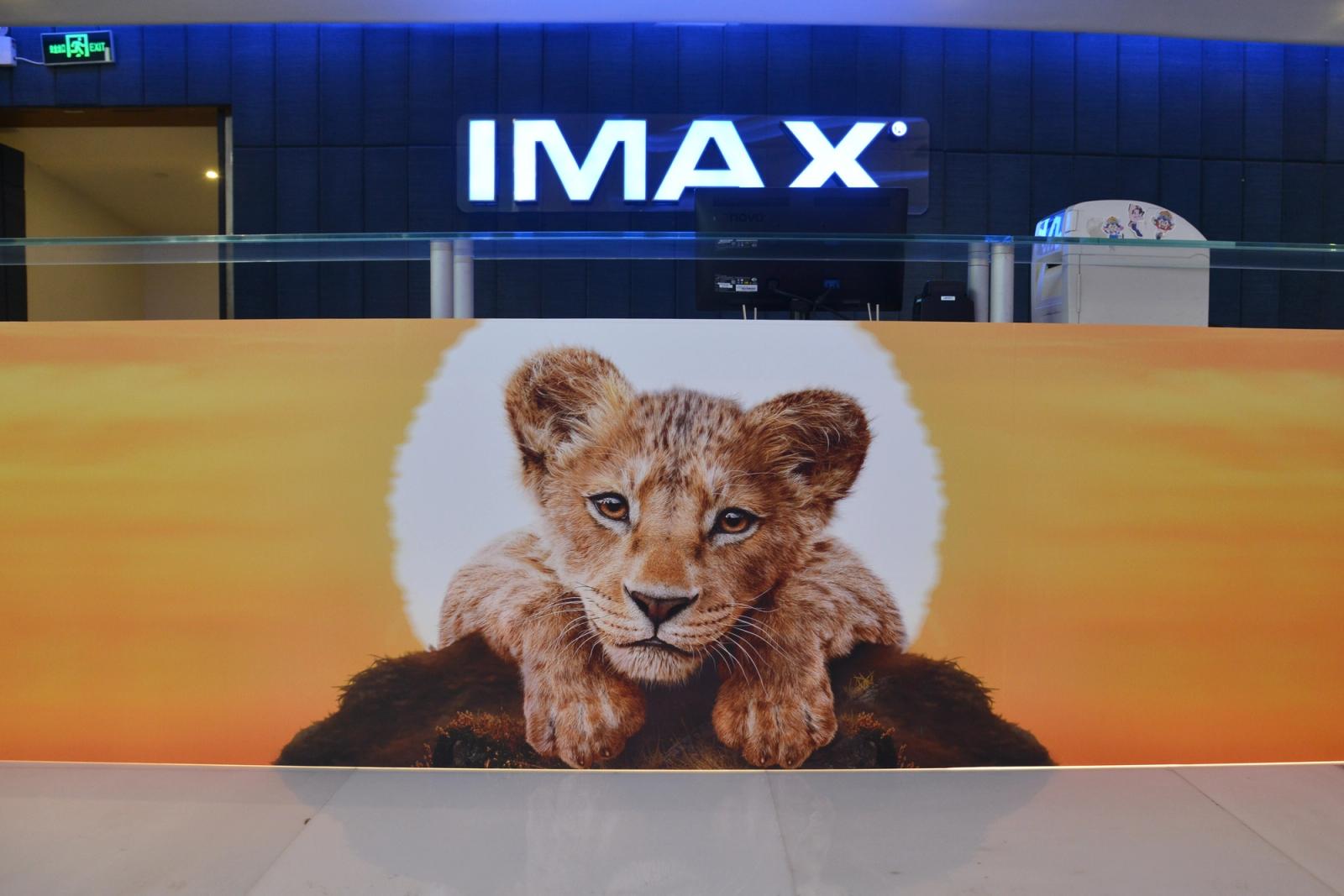The Topline
- Film studios are pouring money into movie remakes at a faster pace than ever before, with less time on average between the original and the remake.
- The remake boom proves that the film industry is willing to invest in nostalgia , but reviews (and revenue) are mixed.
Switch sides,
back and forth
New opportunities, new audiences
What, you don’t believe in second chances? The next time you see a trailer for a movie remake, maybe take a moment to look inward before rolling your eyes and raging to Reddit .
There’s psychological reasons we tend to like familiar stories. Re-watching movies and TV shows can feel like therapy – we form lasting connections with the characters, our emotional needs are fulfilled by predictable narratives, and we’re prompted to think back to earlier viewings, when life was simpler. Actual therapy, of course, is best, but compared to other home remedies , sitting down for a familiar film isn’t a bad way to deal with stress.
That said, the familiar films of your youth likely have some “new”– or rather, “old-but-I-didn’t-realize-how-racist-that-was” – features. To those who love originals and don’t want a remake to mess with perfection: good luck watching any of the “classics” in 2025 without cringing . It’s a little hard to enjoy your childhood favourite when it’s plagued with language and themes that are (rightly) cancelled in contemporary culture. Take it from someone who tried to watch Bad News Bears (1976) this summer.
Remakes give filmmakers a chance to inspire that warm, fuzzy nostalgia, but also to edit outdated themes and cast more diverse talent – which really does have an impact on young audiences . Plus, if a remake makes a parent more likely to watch the film with their kid, all the better. Watching movies together can be a great bonding experience and inspire important conversations that help in a child’s development . Maybe your kid fell asleep during Snow White (1937), but loved Snow White (2025). Don’t be Grumpy, you probably don’t like the same movies as your parents, either – and it’s still quality time well-spent.
Some call remakes a money-grab from greedy execs (they’re guaranteed an audience when they already know the story’s a hit), but the fact is, movie theatres are struggling . Maybe refreshing old favourites is the only thing they can do to stay afloat. When done well, a remake can make you forget that the original even existed. Case in point: The Parent Trap (1998, not 1961), and Freaky Friday (2003, not 1976). Huh. Maybe all a good remake needs is Lindsay Lohan.
No risk, no reward
If you played a drinking game with movie remake or sequel trailers in 2025 , you’d likely be kicked out of the Cineplex VIP Cinema for over-intoxication. With streaming overtaking in-theatre viewing , especially for young people, movie theatres are relying on old stories to entice old audiences – and the results are, well, old.
Once a brief moment of fuzzy nostalgia wears off, remake culture feels bleak. Of 2025’s top 20 movies by box office , 15 of the films are remakes, sequels or based on a TV show or video game. It feels like filmmakers are in a creative rut, which is ridiculous – there’s plenty of fresh talent and untold stories out there. Whether or not they’re invested in is a different story.
Instead of taking risks and shedding light on emerging writers, the film industry is looking for a guaranteed hit . Surely a movie that did well in the past and continues to be a fan favourite will be a smash the second time, too?
But when it comes to the opinion of the general public, remakes are pretty consistently seen as worse then the originals. And it turns out that box office success isn’t guaranteed either: remakes can still flop financially. Snow White (2025) didn’t even break even at the box office . Audiences are judging sequels and reboots long before they premiere. When remakes change plotlines or tweak characters, they’re blasted for betraying the original. When they stay true to the first film, viewers ask what the point is. It feels like a no-win game.
Occasionally, a totally original story will break through and reign supreme, at the box office , in streaming and in the hearts of audiences. But those are few and far between, as studios instead choose to keep beating dead horses ( and undead monsters ).
The last time a remake won an Oscar was The Departed in 2006 , so long ago that star Leo Dicaprio only had a 10-year age gap with his girlfriends. We don’t get K-Pop Demon Hunters without studios investing in new narratives and lesser-known creatives – who already work in a historically uncertain industry made even more fraught by AI . Add movie remakes to the mix and it’s easy to see why original scripts aren’t getting that elusive green light.
The remake boom is really a bust, though it does seem to unite filmgoers: everyone can agree that the Cat in the Hat (2026) will not be all that .

